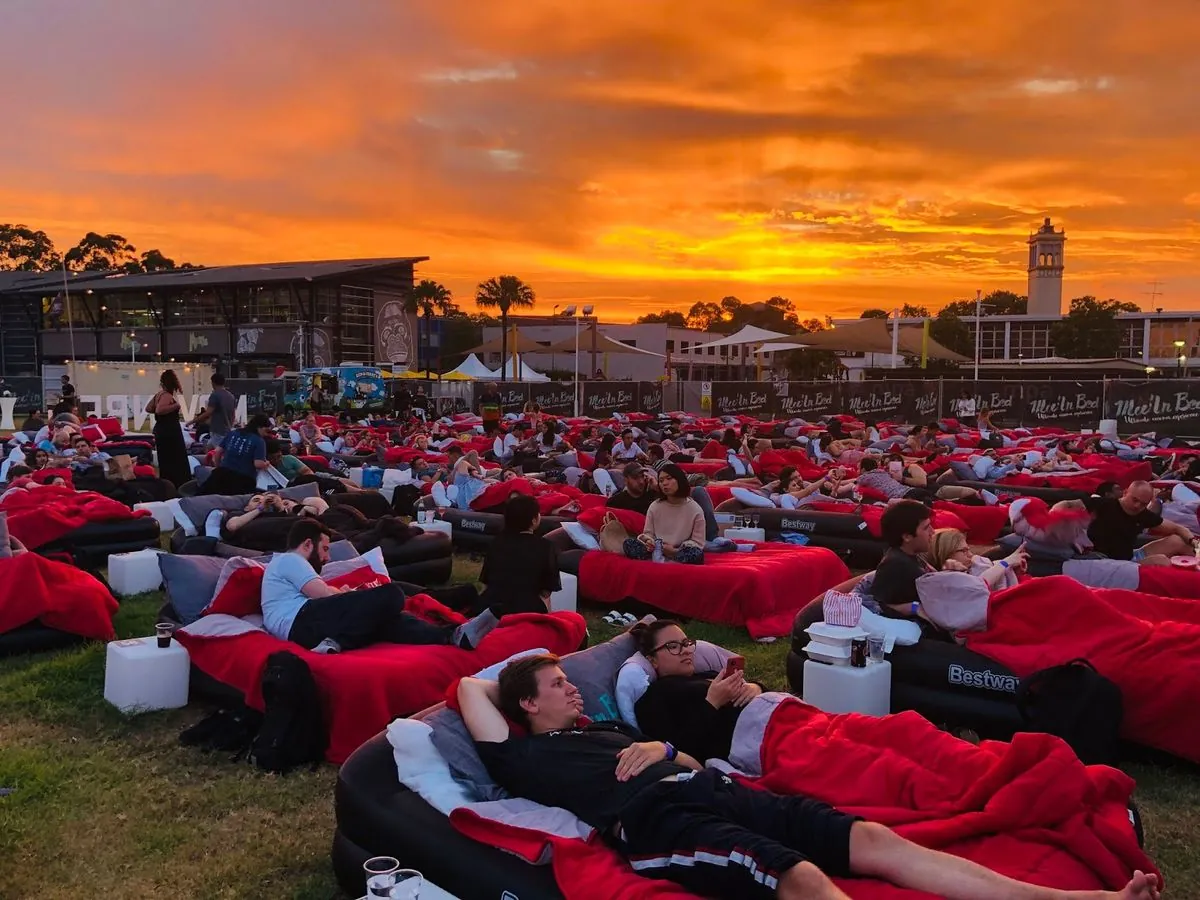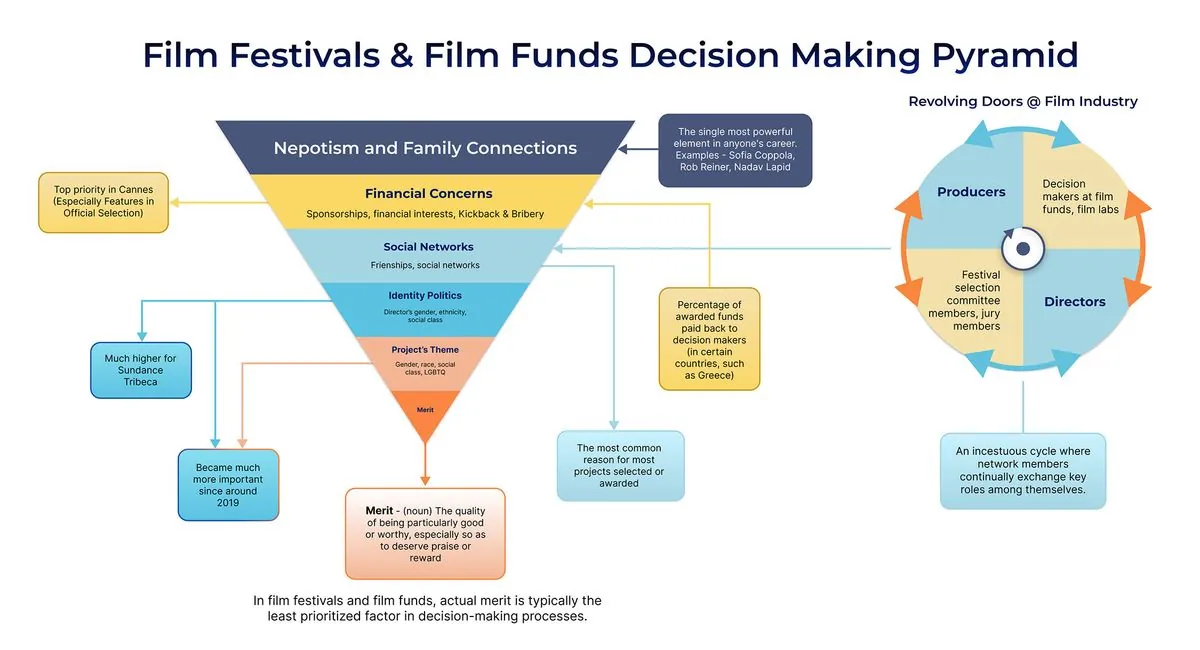The Evolving Role of Film Festivals: From Art to Industry
Film festivals have transformed from artistic showcases to industry powerhouses. This article explores their changing purpose, impact on the film business, and enduring ability to uncover cinematic gems.

Film festivals have undergone a significant transformation over the years, evolving from purely artistic showcases to influential industry events. This shift raises questions about their true purpose and beneficiaries in today's cinematic landscape.
As a veteran film critic with nearly four decades of experience attending major festivals like Sundance, Toronto International Film Festival (TIFF), Venice, and Cannes, I've witnessed firsthand the changing dynamics of these events. While festivals remain a platform for artistic expression, they have increasingly become integral to the film industry's infrastructure.
The business aspect of festivals has grown substantially since the mid-1990s when Miramax acquired "Clerks" at Sundance, turning it into a word-of-mouth sensation. Today, festivals serve as crucial waypoints in the awards season calendar, with the "Big Four" fall festivals - Venice, Telluride, TIFF, and New York - setting the stage for Oscar campaigns.

Sundance, held annually in January, plays a unique role as a marketplace for independent films. It has become a hunting ground for boutique distributors and streaming giants alike, shaping the release calendar for the rest of the year.
These events highlight two distinct business models in the film industry:
- Mainstream: Major studios develop franchise properties in-house for multiplex release.
- Independent: Creative teams produce films that are sold or premiered at festivals before reaching art houses or streaming platforms.
Success metrics differ between these models. While box office receipts drive the mainstream approach, independent films rely more on critical and audience response, often gauged at festivals.
"I've been in festival screenings where you could feel the electricity of new discovery."
Personal experiences at festivals can be transformative. The eight-minute standing ovation for Guillermo del Toro's "The Shape of Water" at Venice in 2017 contrasted sharply with the tepid reception for "Downsizing," foreshadowing their respective fates. Similarly, the palpable excitement following screenings of "Beasts of the Southern Wild" (Sundance 2012) and "Whiplash" (Sundance 2014) exemplified the thrill of discovering groundbreaking cinema.
Despite the industry's growing influence, festivals still offer opportunities for unexpected discoveries. At TIFF 2024, I stumbled upon "The Legend of the Vagabond Queen of Lagos," a Nigerian drama by the Agbajowo Collective. This compelling magical-realist tale, addressing real-world injustices, reminded me of the true essence of film festivals - providing a platform for diverse voices and stories that broaden our understanding of the human experience.
In conclusion, while film festivals have undoubtedly become more business-oriented, they continue to serve their fundamental purpose: bringing unique, thought-provoking cinema to audiences worldwide. As the industry evolves, these events remain vital spaces for artistic expression, cultural exchange, and the shared experience of storytelling through film.


































